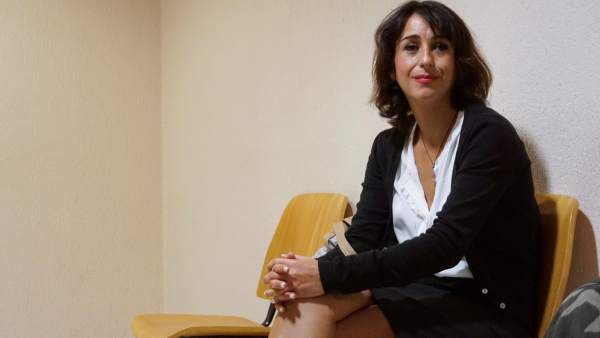The Yomiuri ShimbunIn the first ruling of its kind in Japan, the Supreme Court has decided that refusing to return a child despite an order based on the Hague Convention is “tantamount to illegal confinement” of that child.
Since Japan joined the convention in 2014, a number of parents have refused to comply with court-issued orders to return children, which observers have pointed out has turned these orders into dead letters. Thursday’s ruling by the Supreme Court is expected to give the orders more effectiveness and will likely influence similar custody cases.
The top court’s First Petty Bench made the ruling in an appellate trial that questioned whether a parent could reject a court order to return a child who had been brought to Japan issued in line with the Hague Convention that stipulates how to deal with children taken to another country after their parents’ marriage breaks down.
In this case, a habeas corpus appeal had been filed by a father living in the United States, demanding the return of his 13-year-old son, who is living in Japan with his mother.
According to the ruling, the marriage of the parents — who are both Japanese and had lived in the United States — broke down, and the mother returned to Japan with her son in 2016. The father filed a suit demanding the boy’s return under the Japanese act for implementation of the convention, and a return order was finalized by the Tokyo High Court.
However, the mother repeatedly refused to return the boy, so the father filed a habeas corpus appeal.
Regarding whether the mother’s action of not returning the boy amounted to illegal confinement, the petty bench said, “Serious consideration should be given to whether the parent who took the child was exerting undue psychological influence on the child.” As the son was living in a situation where he had to rely on his mother during his daily life, the court recognized that “it could not be said he was staying in Japan of his own free will.”
Furthermore, the court indicated that a parent’s failure to comply with the return order “would be clearly illegal unless there were exceptional circumstances under which returning a child would be considered improper.” The court decided the mother’s refusal to return her son was illegal.
In a ruling issued in November 2017, the Nagoya High Court’s Kanazawa branch threw out the father’s claim, saying, “The will of the son, who wishes to live in Japan, should be respected.” The Supreme Court overturned this decision and sent the case back to the Kanazawa branch to move ahead with proceedings to return the boy to his father.
Hague Convention
The Hague Convention on the Civil Aspects of International Child Abduction spells out international rules that, in principle, ensure that a child who is taken to another country by a parent without permission is returned to the country of their former habitual residence. If a child is brought to Japan, the parent living in the country of former habitual residence can file a lawsuit at the Tokyo or Osaka family court to demand the child’s return. A child’s return will not be authorized in certain situations, such as when there are concerns the child could be abused.
